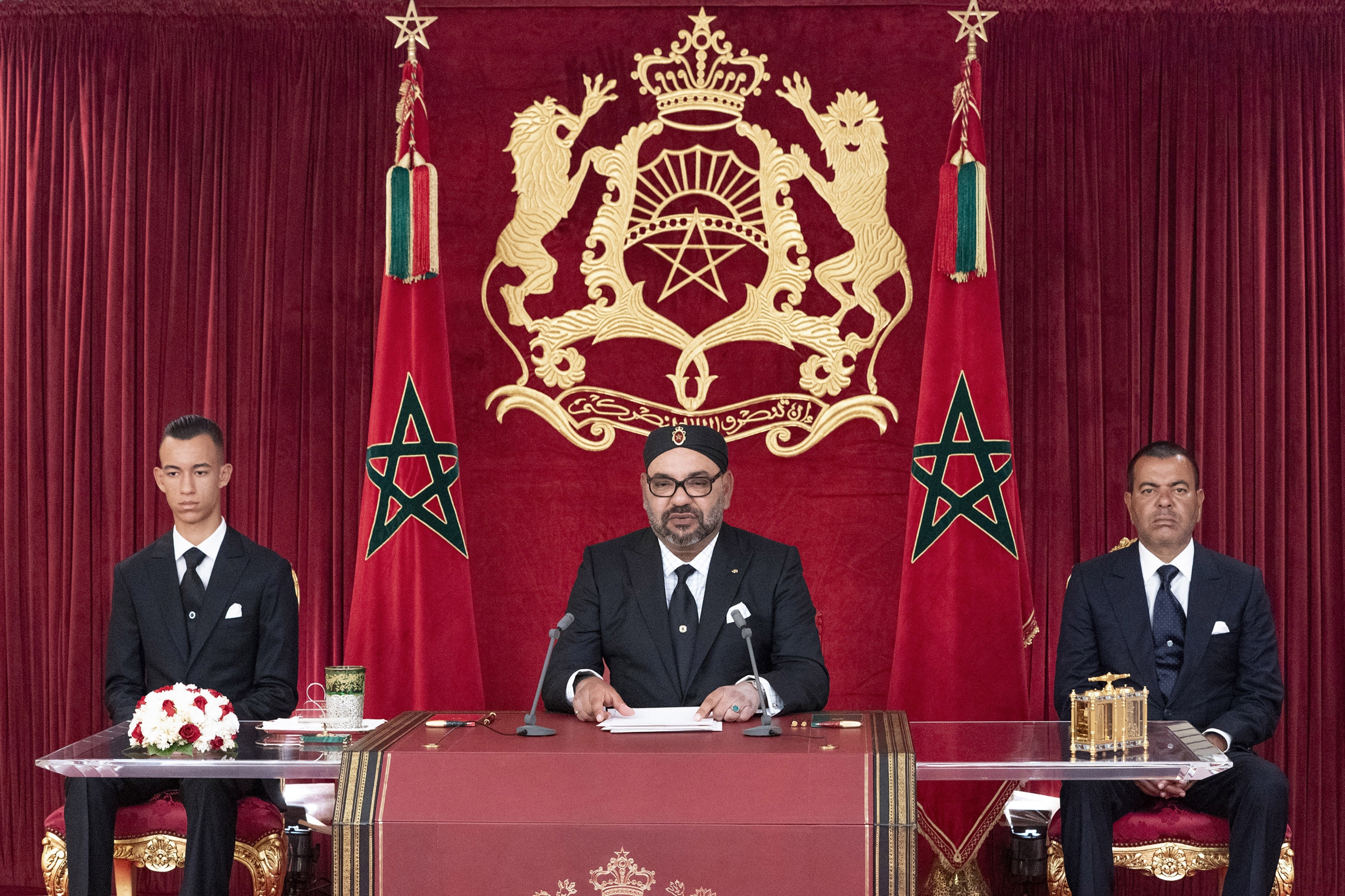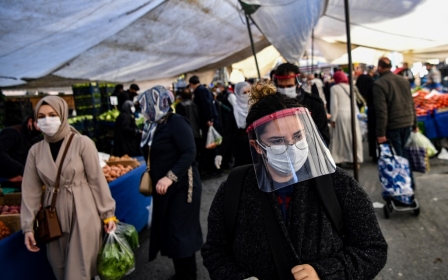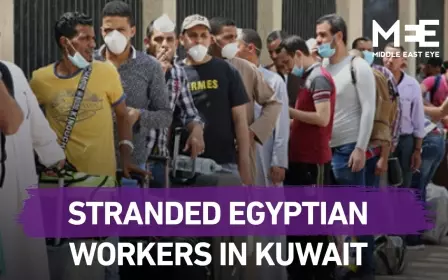Arabic press review: Morocco turns down Abu Dhabi offer to back Libya's Haftar

Morocco rejects UAE offer to support Haftar
Morocco’s King Mohammed VI has rejected an offer by Abu Dhabi Crown Prince Mohamed bin Zayed to support Libyan general Khalifa Haftar, according to a report published by Alayam24.
The Moroccan website quoted a tweet by an influential Emirati security official as saying that the offer included the incentive of Libyan oil sales to Morocco at “tempting” prices and investment projects for Moroccan companies.
Last Saturday, Tunisian Foreign Minister Noureddine al-Ray and his Moroccan counterpart Nasser Bourita stressed the need to reach a compromise in Libya, days after Haftar unilaterally declared himself ruler of the North African country and dropped the Skhirat political agreement.
Libya has been split since 2014 between areas controlled by the internationally recognised Government of National Accord in Tripoli and the northwest, and territory held by eastern-based forces led by Haftar in Benghazi.
New MEE newsletter: Jerusalem Dispatch
Sign up to get the latest insights and analysis on Israel-Palestine, alongside Turkey Unpacked and other MEE newsletters
Last year, Haftar launched an offensive to seize the capital.
Saudi students abroad appeal for aid
Saudi students studying abroad appealed to Saudi Arabia’s king and crown prince to help them as they face financial hardships, Arabi21 reported.
According to several videos and written appeals circulating online, these students are personally paying for their studies, and are not affiliated with any government education programmes.
The students called on Saudi authorities to provide them with funds and health insurance, similar to benefits received by scholarship students, especially amid a severe coronavirus outbreak in the United States, where most of the students are residing.
In order to be included in the government’s mission programme, the students are required to attend universities ranked with the top 100 according to international rankings – a criteria the students say does not apply to them.
The Saudi government has provided scheduled flights to return expatriate students in the United States and Europe, but the initiative did not include students who personally pay for their studies.
Kuwait to boost food security
Kuwait plans to establish an $11bn food security company aimed at raising the level of strategic food stocks in the country, following the impacts the coronavirus pandemic has had on this vital sector, according to The New Khaleej.
Kuwaiti sources said the intensive consumption of foodstuffs and supplies in Kuwait over the past few weeks, in addition to projections that the virus crisis is expected to be long term, has prompted the country to take this initiative.
The sources clarified that the company’s objective will be to increase the strategic stock of commodities in the country by 35 percent, by expanding import operations, building huge warehouses, working to prevent future crises and better prepare for emergency conditions.
During the second extraordinary meeting of Gulf trade ministers last month, Kuwait proposed the establishment of a unified food security network for Gulf states. While the Gulf Security Council approved the proposal, it said that it needs to study its technical aspect first.
Kuwaitis and expatriates in the country have bought $8bn worth of food and commodities over the past three months, specifically since Kuwait registered its first coronavirus cases, according to a report issued by the Kuwait Centre for Economic Consultation.
The report warned of a future food crisis if impulsive purchasing continues, which may lead to goods sufficient for six months to deplete in only two.
Young Palestinians struggle in Turkey
Young Palestinians in Turkey are living through a difficult economic and humanitarian situation after losing their jobs as a result of coronavirus lockdown measures, according to the London-based newspaper Al-Quds Al-Arabi.
The young Palestinians called on the Palestinian Authority to help them, while others demanded they coordinate their return home to the occupied West Bank and the Gaza Strip.
Most of the Palestinians work illegally in Turkey. They do not have official registration papers, without which they can’t claim health insurance, nor benefit from any government assistance or programmes that support workers affected by the closures.
The report also said that due to the sudden closure of businesses three months ago, most of them have been unable to pay rent, services bills, and have barely enough for food and drink.
*Arabic press review is a digest of reports that are not independently verified as accurate by Middle East Eye.
Middle East Eye delivers independent and unrivalled coverage and analysis of the Middle East, North Africa and beyond. To learn more about republishing this content and the associated fees, please fill out this form. More about MEE can be found here.




